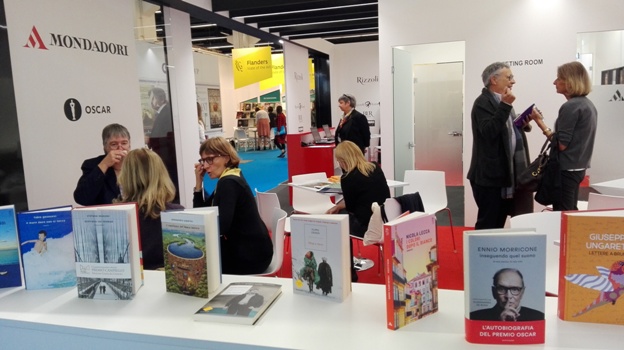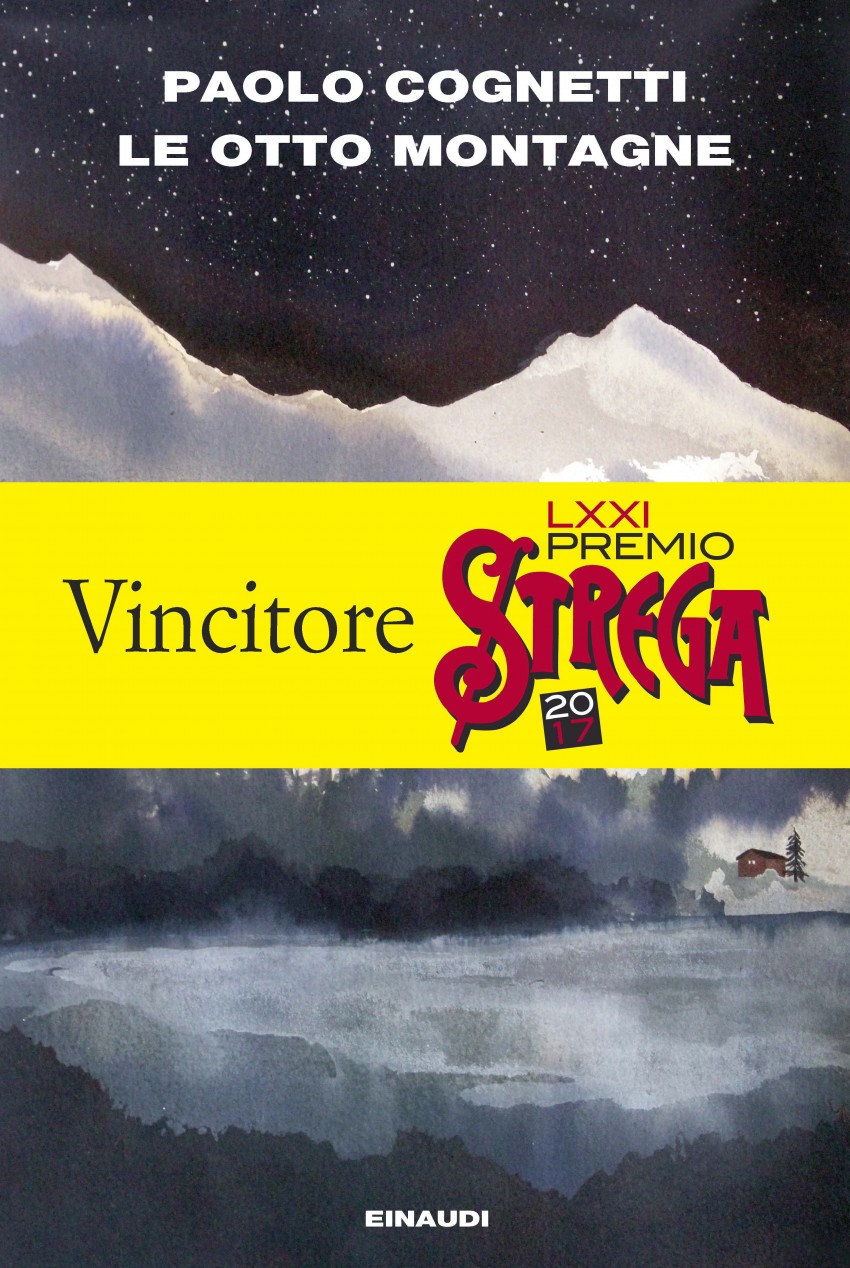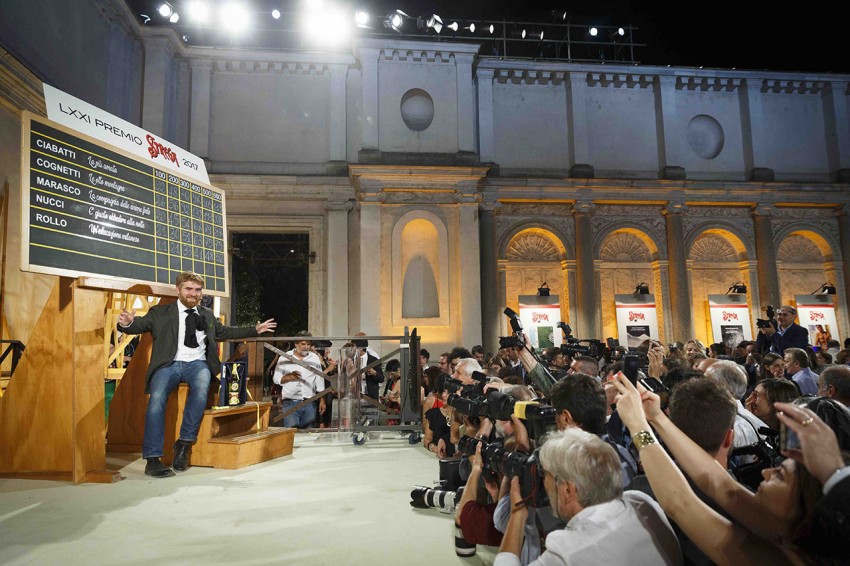Millennial Editor: the publishing houses of the Mondadori Group are looking for the editors of the future
A project aimed at young talents with a passion for books

The publishing houses of the Mondadori Group are launching the Millennial Editor project for talented under 30s who dream of becoming book editors.
An innovative and unprecedented programme, aimed at graduates in the humanities and economics, through which the Mondadori Group offers millennials with a consuming passion for books and reading a unique opportunity to enter the publishing world.
Einaudi, Electa, Mondadori, Piemme, Rizzoli, Sperling & Kupfer, Mondadori Education and Rizzoli Education, through a selection process in various stages, will identify eight young talents who will be guaranteed a period of two years of work and training as an editor with an apprenticeship contract.
The candidates selected will pursue a path during which they will be required to measure themselves against the activities of the various publishing areas and participate in training sessions with highly experienced professionals of the Group’s various publishing houses.
An all-round opportunity to learn the profession of editor, not only the specific aspects of publishing, but also the institutional, technical and managerial sides, interacting and collaborating with all of the protagonists involved in the book chain, starting from authors and senior editors. Each participant will develop the key skills necessary to face the challenges of a continuously evolving market.
The Millennial Editor project is developed in collaboration with Monster Italia, a highly specialised company in personnel research, and the technical partner in the recruitment phase.
You can submit your application from today, to this link.
After an initial selection based on qualifications and experience, in the second half of March suitable candidates will take part in an Edithon, a one-day event at Palazzo Mondadori during which they will meet the leading figures involved in the project and, after being divided into work groups, will have the opportunity to put themselves to the test.
By the end of April, the eight young talents selected will be allocated, according to their characteristics and inclinations, to one of the areas, i.e. non-fiction, miscellaneous, fiction or educational of the publishing houses involved: Einaudi, Electa, Mondadori, Piemme, Rizzoli, Sperling & Kupfer, Mondadori Education and Rizzoli Education.


